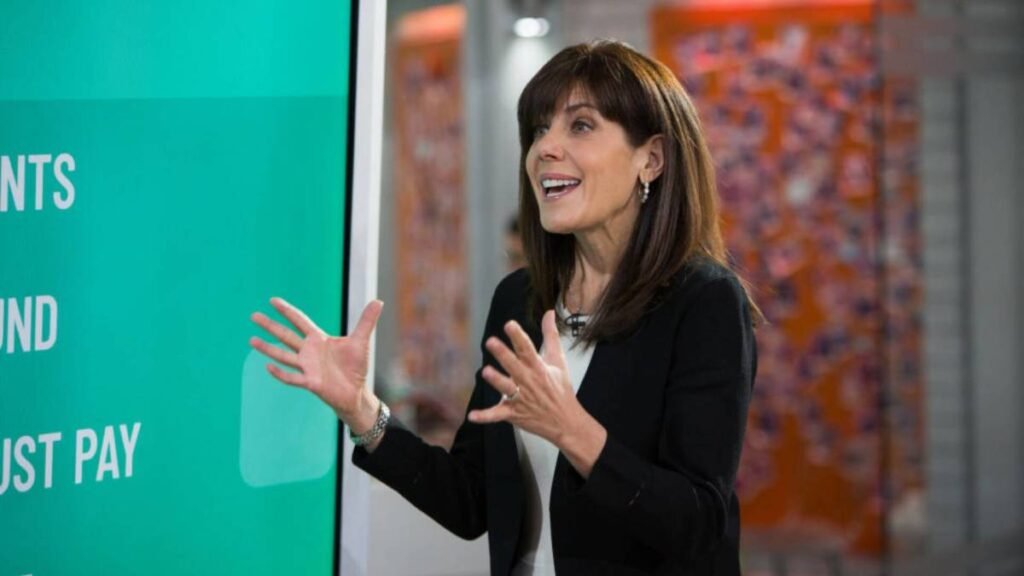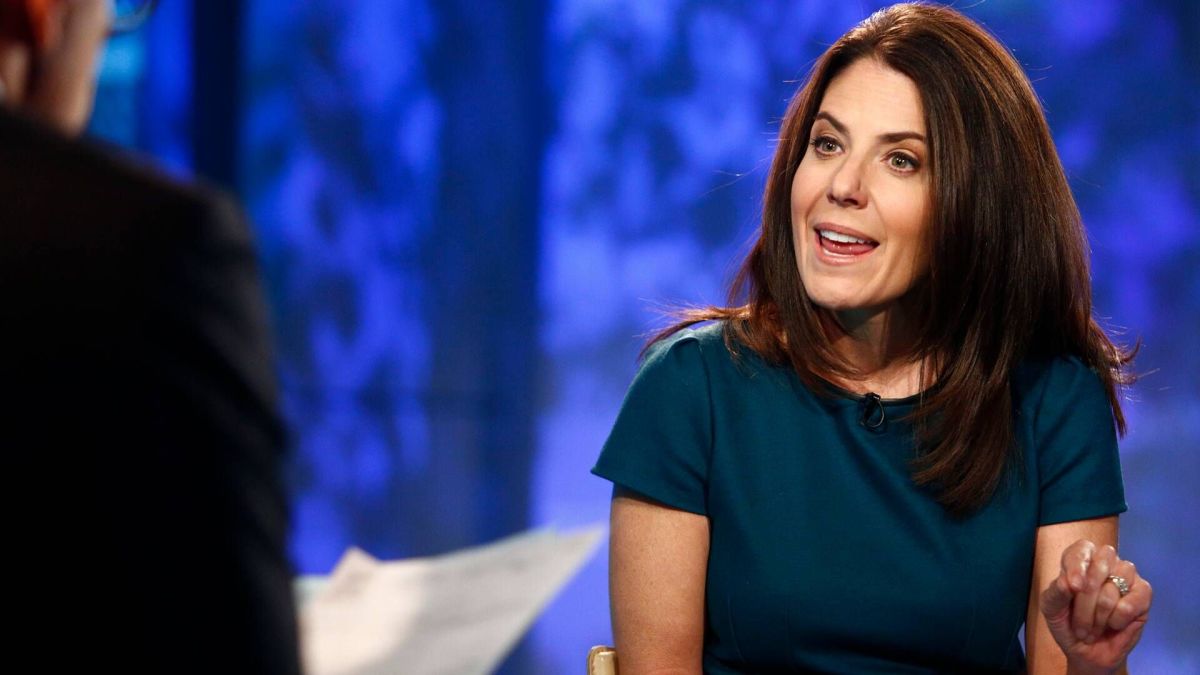Americans nearing retirement face a complex and shifting landscape.
Jean Chatzky, the former NBC “Today Show” financial editor and founder of HerMoney, has recently emphasized the urgency of addressing key issues such as 401(k) savings, IRA strategies, Social Security timing, and Medicare enrollment.
Her insights reflect growing concerns about economic uncertainty and the long-term viability of retirement systems.
💵💰Don’t miss the move: Subscribe to TheStreet’s free daily newsletter 💰💵
The U.S. Government Accountability Office (GAO) reports that nearly half of households headed by someone 55 or older have no retirement savings.
Meanwhile, the Social Security trust fund is projected to be depleted by 2033, potentially triggering benefit reductions of more than 20%, according to the Social Security and Medicare Boards of Trustees.
Related: Jean Chatzky sends strong message on 401(k)s, IRAs
Chatzky highlights the importance of automation in retirement planning and the risks of relying solely on government programs. She underscores the need for proactive savings and strategic withdrawals.
She also explains important Medicare deadlines and penalties, warning retirees about costly enrollment mistakes.
“These days, things feel more uncertain than ever — but is that always a bad thing?” Chatzky wrote on her Facebook page.
She shared this in the context of a discussion on her HerMoney podcast about how uncertainty can actually enhance decision-making and financial resilience.
Jean Chatzky urges Americans to rethink Social Security timing
The future of Social Security remains one of the most pressing concerns for retirees. With the trust fund facing depletion in less than a decade, many Americans are reevaluating when and how to claim benefits.
Chatzky has consistently advocated for delaying Social Security claims until full retirement age or later, when possible, to maximize monthly payments. This strategy becomes even more critical as projections suggest benefit cuts of up to 23% if no legislative action is taken.
Beyond timing, Chatzky emphasizes the importance of understanding how Social Security fits into a broader retirement plan. For most, Social Security should serve as a foundation — not the entirety — of retirement income.
She has pointed out that inflation, rising health care costs, and longer lifespans all contribute to the need for supplemental savings.
She urges individuals to view Social Security as one piece of a multifaceted financial puzzle rather than a guaranteed, comprehensive safety net.
Image source: Getty Images
Jean Chatzky highlights 401(k)s, IRAs in retirement security
Retirement savings vehicles such as 401(k)s and IRAs remain essential tools for financial independence in later life.
Chatzky has stressed the value of automation in contributing to these accounts, noting that consistent deposits — even modest ones — can compound significantly over time.
She also draws attention to disparities in retirement preparedness, particularly among women and younger workers, who often face systemic barriers to saving.
More on personal finance:
- Scott Galloway has bold words for Americans on Social Security
- Tony Robbins cautions Americans on 401(k)s and IRAs
- Dave Ramsey makes a key statement on Medicare, Medicaid
Chatzky’s advice includes diversifying account types and understanding the tax implications of traditional versus Roth IRAs.
She encourages savers to periodically reassess their asset allocation and consider how market volatility might affect long-term goals.
She also warns against the temptation to borrow from retirement accounts prematurely, which can undermine future stability.
Related: Tony Robbins sends warning message to Americans on IRAs, 401(k)s
To illustrate the current state of retirement savings, consider the following observations and data:
- 49% of households headed by someone 55 or older have no retirement savings and 32% had no retirement savings or a defined benefit plan, according to GAO.
- A U.S. Census Bureau survey found that 401(k)-style retirement accounts were the most prevalent among working-age Americans (ages 15 to 64), with 34.6% reporting ownership. In comparison, 18% held an IRA or Keogh account, while 13.5% were covered by a defined-benefit or cash balance pension plan.
- Roth IRA contributions are not tax-deductible, but qualified withdrawals are tax-free, making them a strategic choice for many retirees.
- Automatic enrollment in workplace retirement plans has increased participation rates, especially among younger employees.
These figures underscore the importance of early and consistent saving, as well as the need for financial literacy in navigating retirement options.
Jean Chatzky warns on Medicare enrollment pitfalls and penalties
Medicare enrollment is another critical area where timing and awareness can make a significant financial difference.
Chatzky has repeatedly cautioned retirees about missing key deadlines, particularly for Medicare Part B (covering outpatient medical services) and Part D (which provides prescription drug coverage).
Late enrollment can result in lifelong penalties and higher premiums, which can erode retirement income over time.
Chatzky’s guidance includes understanding the initial enrollment period, which begins three months before turning 65 and ends three months after.
She also advises reviewing coverage options annually during open enrollment to ensure plans still meet health care needs. Chatzky also highlights the complexity of Medicare Advantage plans and the importance of comparing costs and benefits.
In addition to financial consequences, Chatzky notes that health care planning is often overlooked in retirement discussions.
She encourages individuals to factor in long-term care costs, supplemental insurance, and out-of-pocket expenses when building their retirement budgets.
Chatzky explains her view that Medicare is not a one-size-fits-all solution — and requires careful consideration to avoid costly mistakes.
Related: Dave Ramsey has blunt words for Americans on Medicare, Medicaid


















